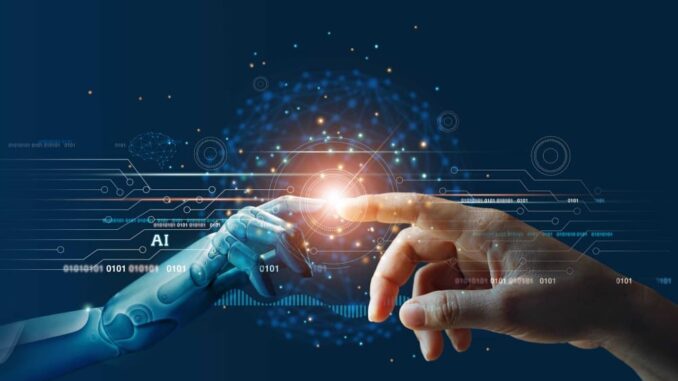
The study by Southampton University, first published in the journal “Cyberpsychology, Behavior, and Social Networking”, states in the article entitled “The Robot made me do it: Robots encourage risk-taking behavior in humans”, that robots, i.e. artificial intelligence, can increase the risk-taking behavior of people.
Elaborate study
In order to arrive at this research result, 180 students took part in a Balloon Analogue Risk Task (BART). The study participants were asked to inflate a digital balloon by pressing the space bar on a computer. Each time the space bar is pressed, the balloon continues to inflate and a penny is added to the subject’s account. The amount of money can be wagered at any point in time and the attempt begins again. But if the balloon bursts at a random moment, the money is lost.
Risk-promoting robots are effective
There were a total of three groups of subjects in the test. Two groups were accompanied by a robot, the third group was tested without the influence of a robot.
One of the groups with robots was actively influenced by the robot with tips, while the other group accompanied by robots received no advice, only specific instructions.
The robots that gave advice asked, among other things, why the game was stopped by the test subjects or they encouraged the subjects to inflate the balloon again.
In the end, it turned out that the group that the robots asked to continue playing inflated the balloons much more intensively and also made more money than the other two groups.
Although the participants instinctively minimized their willingness to take risks after the balloon exploded, this was increased again by the influence of the robots.
The result of this study should be a good basis for further research to investigate whether there are similar influences from avatars or other digital assistants. On the one hand, the influence of artificial intelligence is helpful, for example, to help people with addiction potential. On the other hand, it is also associated with great risk, since it is still unclear to what extent robots can negatively influence people.


Be the first to comment